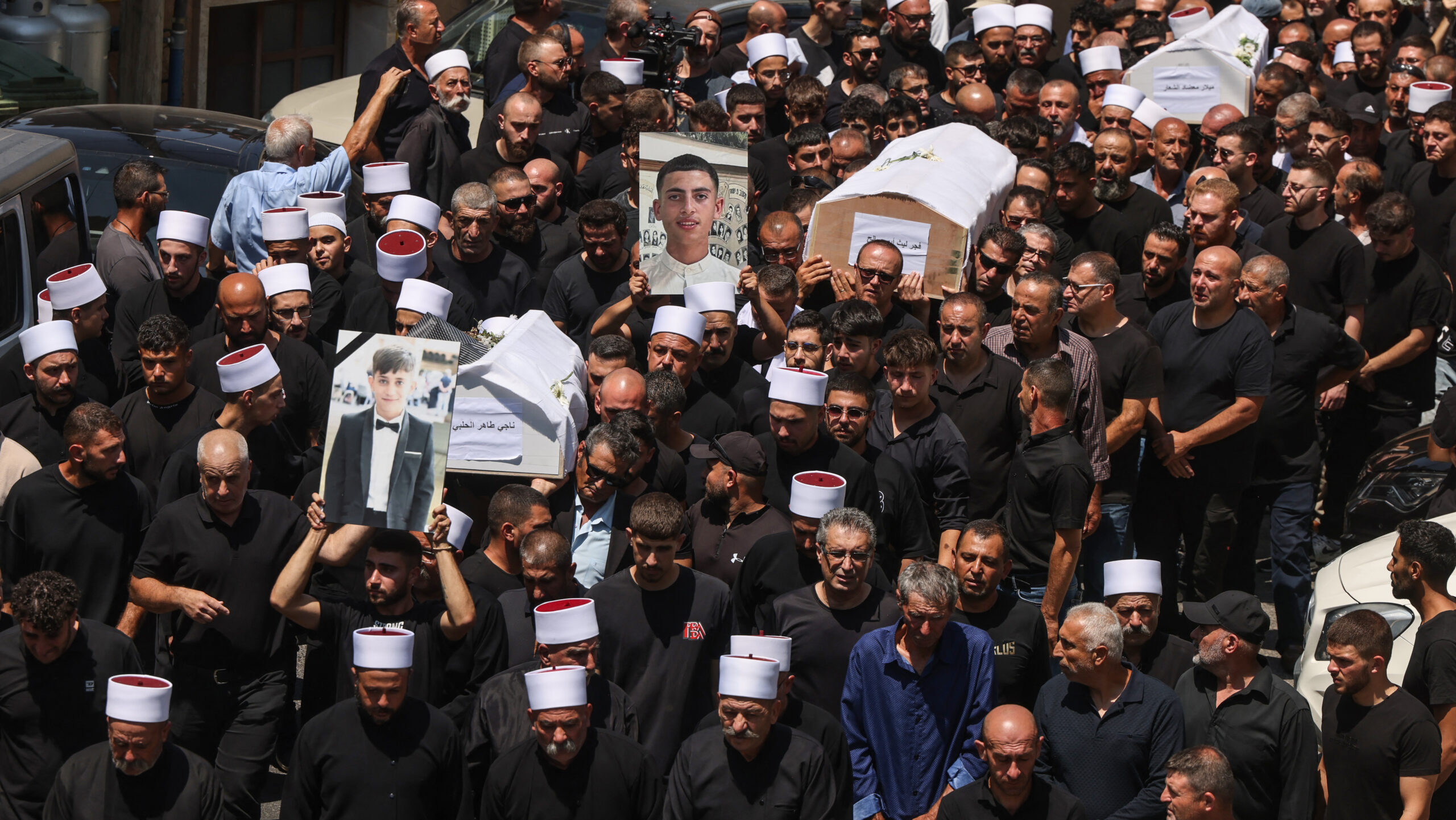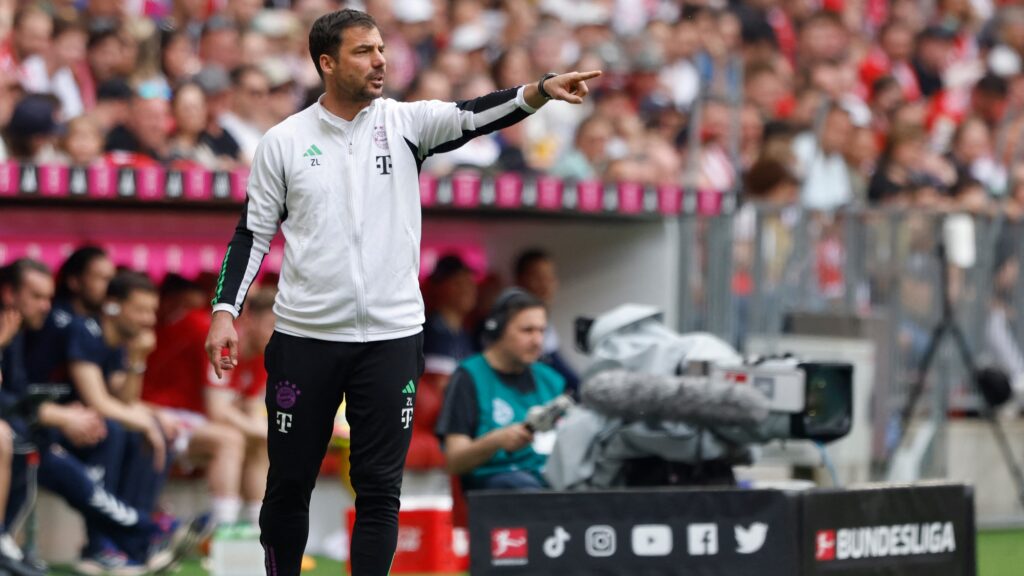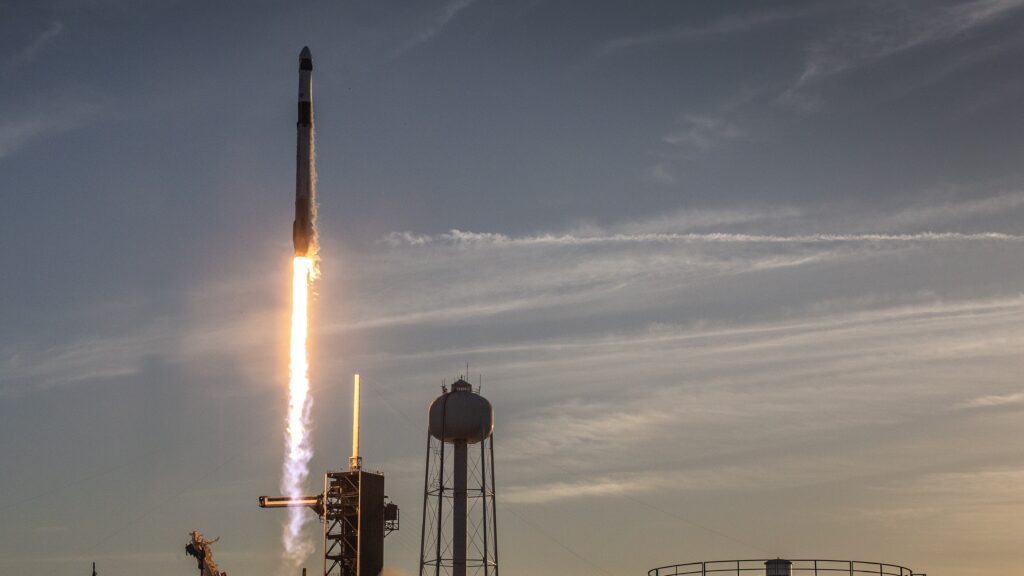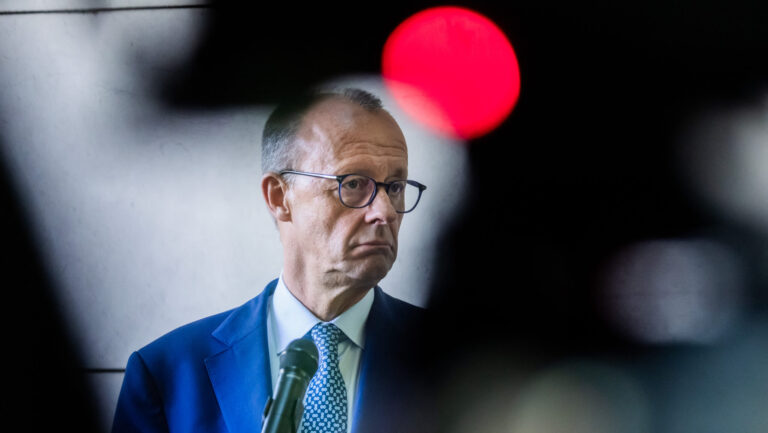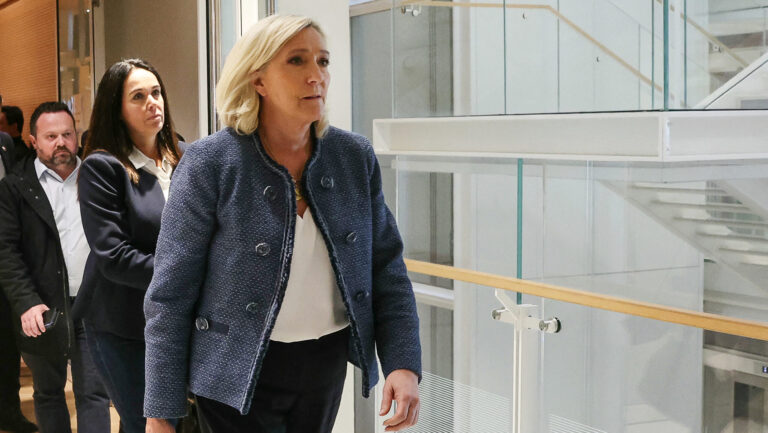Week by week, the escalation in the Middle East is growing further and spreading wider. Over the weekend, a Lebanese militant group backed by Iran carried out a strike in the Israeli-controlled Golan Heights, resulting in the deaths of at least twelve people, including children.
Israel reported it had identified ‘approximately 30 projectiles’ crossing from Lebanon into Israeli territory in a barrage it attributed to the Iran-backed Lebanese militant group Hezbollah, describing it as the deadliest attack since 7 October. Hezbollah admitted to targeting other parts of the Golan Heights but ‘firmly denies’ responsibility for the deadly strike.
Adeeb Safadi, a resident of Majdal Shams—the village bombed by Hezbollah—told CNN that those killed in the rocket attack on the soccer field
were all children from local villages, boys between the ages of eight and fifteen.
‘They were attending a football training session with a coach whose fate is still unknown. Ten of the deceased have been identified, but there are more who were torn apart and remain unidentified,’ Safadi said.
According to reports, Israeli warplanes conducted airstrikes against Hezbollah targets ‘deep inside Lebanese territory and in southern Lebanon’ overnight. However, Israeli Prime Minister Benjamin Netanyahu has called for a tougher response, which was authorized on Sunday by Israel’s security council. The response potentially includes a ground offensive into Hezbollah-controlled territory in Lebanon, similar to the one Israel launched in December 2023 in the Gaza Strip, which the majority of the international community fears.
On Sunday, the White House attributed the deadly strike to Hezbollah. ‘This attack was conducted by Lebanese Hezbollah. It was their rocket, launched from an area they control,’ it said in a statement. The US government also stated that Washington has been in discussions with Israeli and Lebanese counterparts since Saturday’s ‘horrific’ attack and is working on a diplomatic solution.
US Secretary of State Antony Blinken emphasized that Washington does not want further escalation of the conflict, which has seen daily exchanges of fire between the Israeli military and Hezbollah along the border.
Hungarian Minister for Foreign Affairs and Trade Péter Szijjártó stated in a post on Facebook on Sunday. After strongly condemning the Hezbollah attack, he pointed out that ‘such attacks significantly increase the risk of a cross-border war that could
set the entire Middle East aflame.’
Szijjártó added: ‘In the current global security situation, the consequences of a war in the Middle East would be dramatic, and the international community must redouble its efforts to prevent an escalation of the Middle East crisis.’
Iran’s foreign ministry warned Israel on Sunday against what it termed ‘any new adventure in Lebanon.’ Syria’s foreign ministry declared it held Israel ‘fully responsible for this dangerous escalation in the region’ and asserted that its accusations against Hezbollah were false.
Turkish President Recep Tayyip Erdoğan even threatened to invade Israel in support of the Palestinians, according to The Times of Israel. ‘Türkiye must be very strong so that Israel can’t do these things to the Palestinians,’ the Turkish leader said regarding the war. ‘Just as we entered [Nagorno-]Karabakh, just as we entered Libya, we might do the same to them. There is nothing we can’t do. We must only be strong.’
Israeli Foreign Minister Israel Katz compared Erdoğan to Saddam Hussein in response to the Turkish president’s threat. ‘Erdoğan is going down the path of Saddam Hussein and threatens to attack Israel. He should just remember what happened there and how that ended,’ Katz wrote on X. Saddam Hussein’s regime was toppled by a US-led invasion of Iraq in 2003, and Hussein was later executed by an Iraqi court after being captured and tried.
In recent weeks, Israel has suffered several attacks on its own territory. As reported by Hungarian Conservative, the Yemeni Houthis, an Iran-backed militia, launched a drone strike on Tel Aviv on 19 July, hitting a spot near the US Consulate. The attack killed one person and injured four others.
‘We will continue to strike these targets in response to the enemy’s massacres and daily crimes against our brothers in the Gaza Strip,’ Houthi spokesperson Yahya Saree said after the strike. ‘Our operations will only cease when the aggression stops and the siege on the Palestinian people in the Gaza Strip is lifted.’
Related articles:

